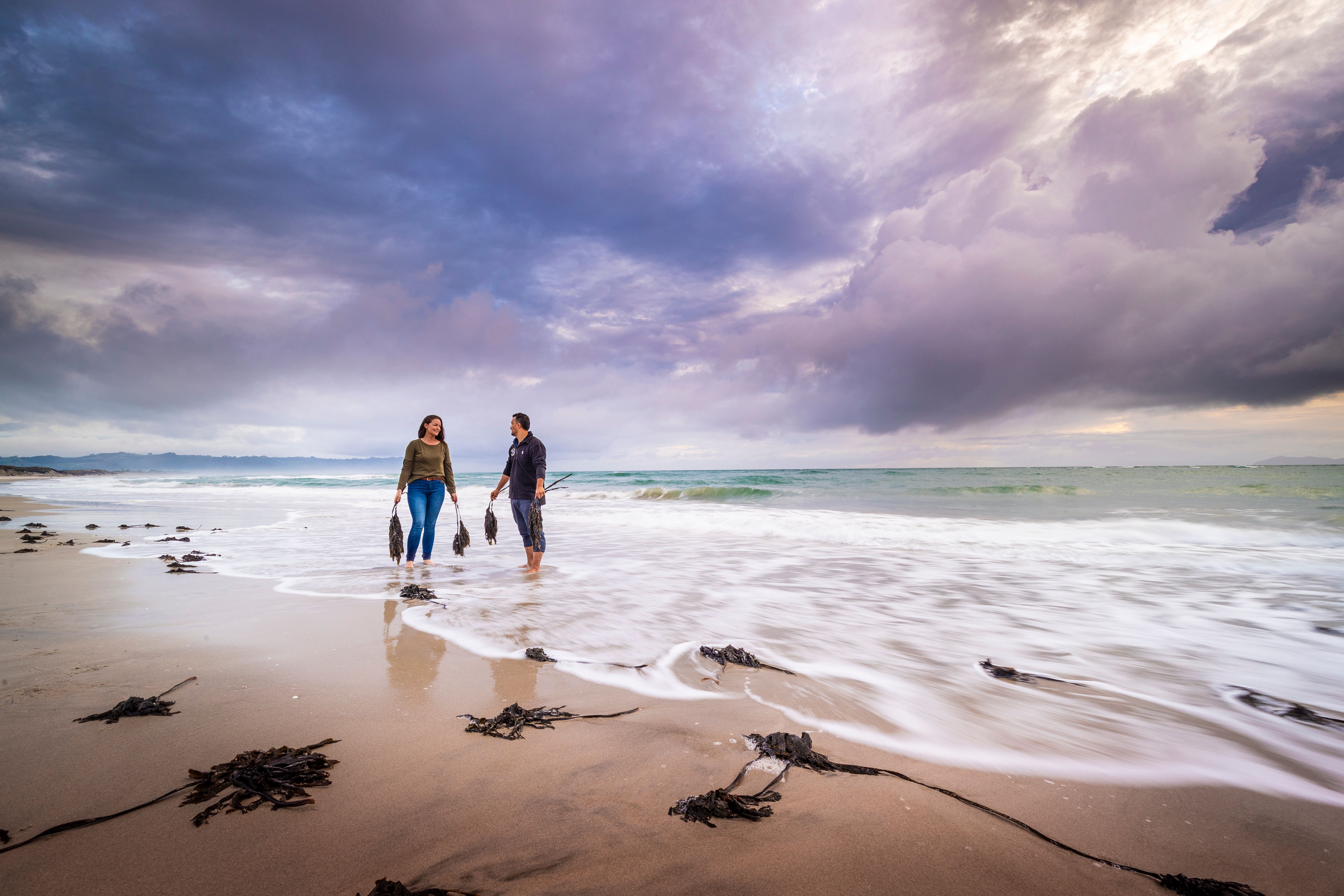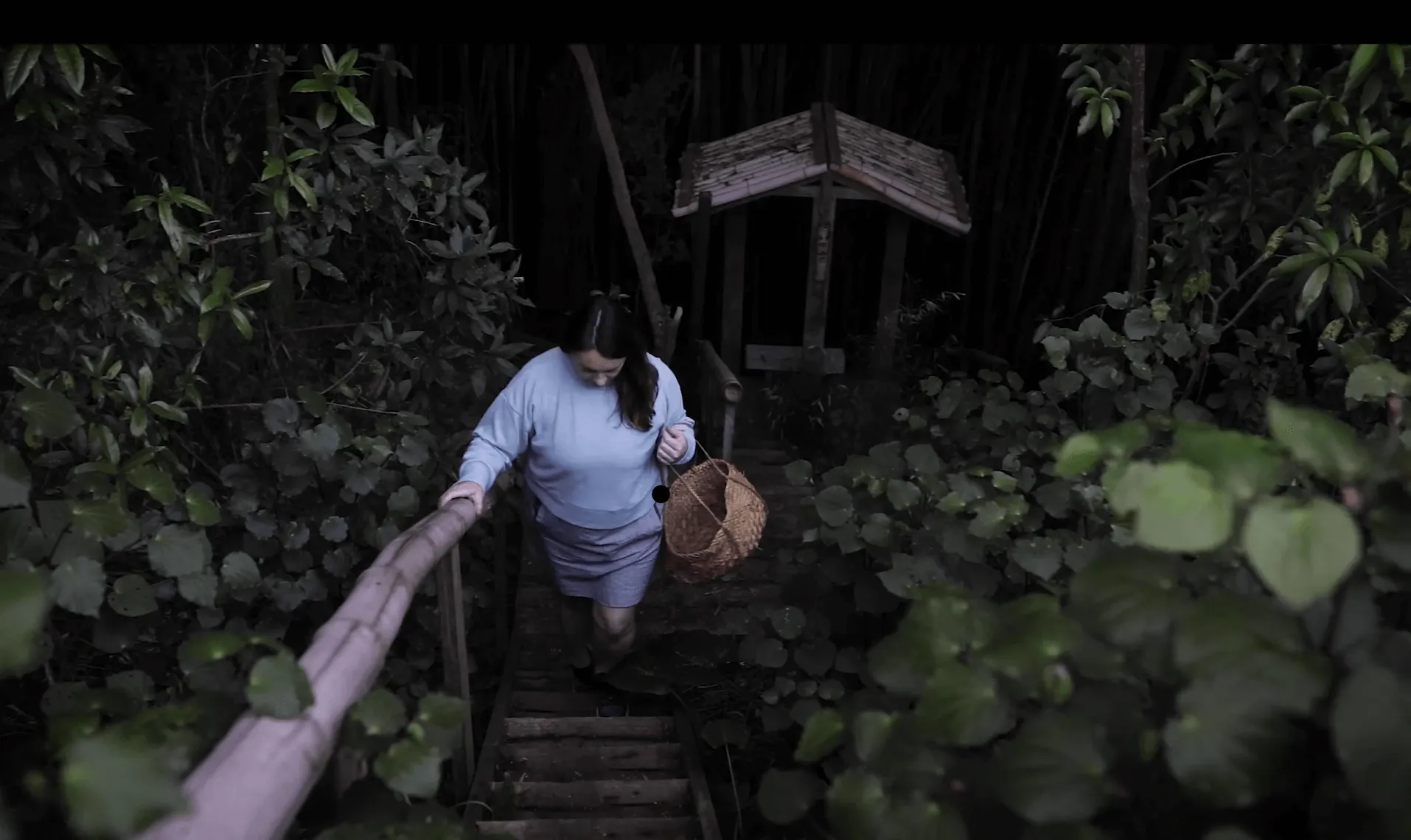
The spirit of manaakitanga and Pōwhiri
Aotearoa New Zealand is a country known for its welcoming ways. The spirit of manaakitanga - hospitality, kindness, generosity - runs through everything we do.
Manaakitanga: More than hospitality
In Aotearoa New Zealand, the traditional Māori concept of Manaakitanga (loosely defined as showing respect, hospitality, or care for others) speaks to the way we respond to the needs of others, especially as a host - whether welcoming others on a marae, in our homes, or welcoming overseas visitors to our country.
A powerful and layered concept, the term Manaakitanga derives from ‘‘mana’ (authority, power or prestige) and ‘aki’(to uphold or support).
Values such as manaakitanga, along with whanaungatanga (connection or kinship between people) and kaitiakitanga (guardianship and protection for the sky, the sea, and the land), are an integral part of New Zealand's identity.
These principles are embedded in its laws, policies, and social norms, and many New Zealanders - regardless of ethnicity - feel deeply connected to the nation’s indigenous traditions and values.
Understanding Pōwhiri
The principles of manaakitanga are well on display when visitors experience a real New Zealand pōwhiri (traditional welcoming ceremony).
A step-by-step process of removing the tapu (sacredness) of visitors and making them one the tangata whenua (people of the land), the pōwhiri is an important cultural tradition for New Zealanders, involving speeches, songs, and ending in a hongi (a traditional Māori greeting in which noses are pressed together).
The sound of the taonga pūoro (musical instrument) signals to the assembled guests that the pōwhiri is beginning.
Traditionally dressed Māori warriors would appear and perform the wero - the often-spectacular ceremonial challenge made by armed Māori warriors, designed to symbolically test the intentions of manuhiri.
A warrior would approach the visitors, wielding weapons but also offering a token of peace - a rākau whakaara (warning baton) placed on the ground in front of a designated recipient.
To not uplift the offering signals the visitors do not come in peace. When a visitor picks up the baton, it signals that the visitor’s intentions are good, and the pōwhiri is peacefully underway.
The wailing call of welcome, known as karanga, comes next, performed by the women of the host tribe. The call welcomes the visitors, addresses the reason for the gathering, and pays tribute to the deceased.
A Haka Pōwhiri (dance/chant of welcome) follows the karanga. A group from the Tangata Whenua sing and perform the actions, and manihuri step forward in response to the welcome.
Formal speeches begin. Oratory is a valuable skill in Māori culture, and speeches, or whaikōrero, are an important element of a pōwhiri. The host tribe delivers a speech acknowledging the visitors' arrival, highlighting links between the two groups, and stating the kaupapa (purpose) of the occasion.
A Waiata (song) follows each speech, embellishing and supporting the points made, before the visitors offering a koha (gift), placed ceremonially on the ground. As the gift is uplifted by tangata whenua and the traditional greeting is completed by a traditional hongi, a Māori greeting used at meetings and ceremonies in which two people press their noses and foreheads together.
With the majority of the ceremony out of the way, kai (food) is shared, creating an even greater bond between visitor and host.
Aotearoa New Zealand is proud of its welcoming, tolerant society, and its vibrant and unique culture and heritage. As we share our unique customs, traditions, and values with the world, we foster a deeper understanding and appreciation of each other, and create long-lasting bonds with those we meet.
Handed down from our ancestors, manaakitanga helps support those relationships to grow and flourish.











.jpg)


